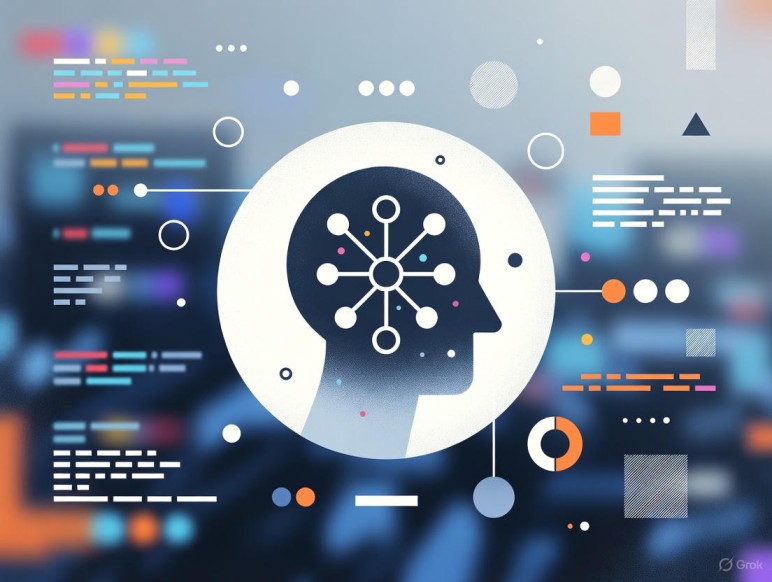Why Human Coding Skills Won’t Disappear in an AI-Driven Future

As AI tools take on more of the heavy lifting in software development, a growing debate is emerging: how much coding do developers really need to know? With generative AI now capable of writing entire functions and applications, many in the industry are questioning whether traditional programming skills still hold value. Experts say they do—and more than ever—because AI changes how we code, not why we code.
Background: AI Has Reshaped the Developer Workflow
The last two years have seen an explosion of AI-driven coding assistants integrated into IDEs, cloud services, and frameworks. These systems autocomplete code, generate test suites, fix bugs, and even propose architectural designs. This shift has led some to predict that coding skills will become obsolete.
But historically, each automation wave—from GUI builders to low-code platforms—reshaped the developer role rather than replacing it. The same pattern is emerging with AI.
Why Code Still Matters in an AI-Dominated Era
Industry specialists emphasize that while AI can generate code, it doesn’t understand systems the way humans do. Coding remains essential for several reasons:
1. AI Can’t Replace Human Reasoning
AI predicts patterns based on past data—it doesn’t conceptualize business logic, ethics, or edge-case scenarios. Developers must set intent, verify correctness, and ensure outputs align with real-world requirements.
2. Complex Systems Need Human Architects
From safety-critical automotive software to financial infrastructure, developers must design system boundaries, constraints, and security rules. AI can assist, but it cannot architect holistic systems independently.
3. Debugging Still Requires a Human Mind
When AI-generated code fails, the responsibility falls on developers to diagnose root causes. Without foundational coding knowledge, teams risk becoming overly dependent on opaque model outputs.
4. Coding Is a Form of Problem-Solving
Programming isn’t just typing syntax—it’s structured thinking, decomposition, and logic construction. These skills remain key to innovation even if AI handles the boilerplate.
Technical Explanation: How AI Changes the Act of Coding
Today’s developers are shifting from “code authors” to “code reviewers and orchestrators.” Instead of manually writing every loop or function, they increasingly:
- Describe intent through natural language
- Review AI-generated output
- Optimize performance and security
- Integrate human constraints into the system
Think of AI as a power tool: it accelerates the process, but the builder still decides how the structure should stand.
Implications: What This Means for Developers and the Industry
The rise of AI coding tools has ripple effects across the tech landscape:
- Faster development cycles allow smaller teams to build larger systems.
- Greater accessibility brings new learners into programming.
- Higher expectations push developers to understand architecture, ethics, and model behavior.
- Shift in roles toward systems thinking, auditing, and oversight.
In short, coding is evolving into a hybrid skill: part technical, part strategic.
Challenges and Limitations
Relying too heavily on AI introduces significant risks:
- Hallucinated code that appears correct but contains subtle flaws
- Reduced foundational literacy among new developers
- Security vulnerabilities introduced by unchecked model output
- Lack of accountability, especially when AI tools make silent assumptions
Balanced adoption is essential. AI should augment developers—not replace critical thinking.
Future Outlook: The New Programmer Identity
Many analysts expect the future developer to be:
- A system designer, not just a coder
- A model supervisor, ensuring AI outputs are safe and correct
- A creative problem-solver, using AI to accelerate innovation
- A critical thinker, applying coding fundamentals to complex decisions
AI won’t eliminate the need for code—it will amplify the importance of understanding it.
Conclusion
Programming isn’t disappearing in the age of AI—it’s transforming. As AI systems become more capable, human oversight, logic, and architectural skill grow even more vital. Coding remains the foundation that allows developers to guide, correct, and innovate with AI. In a world where software drives nearly everything, knowing how code works still matters.